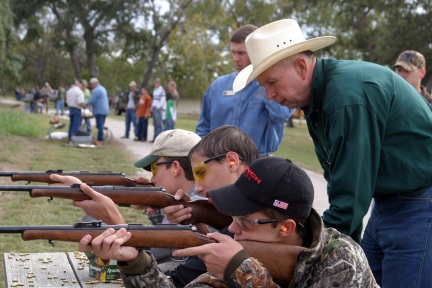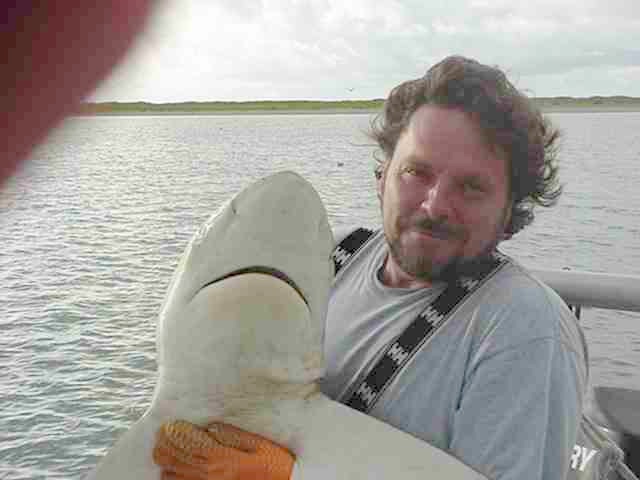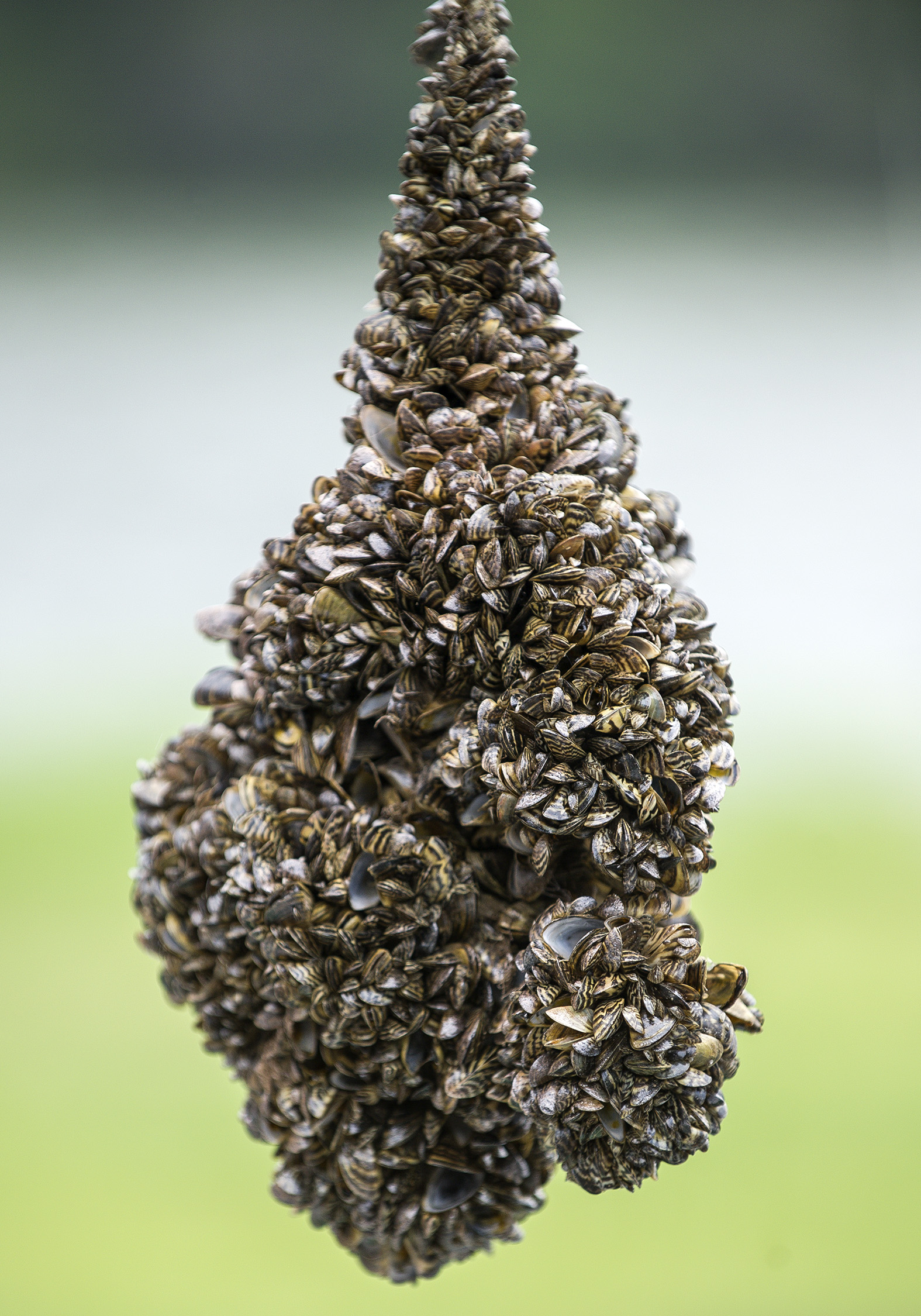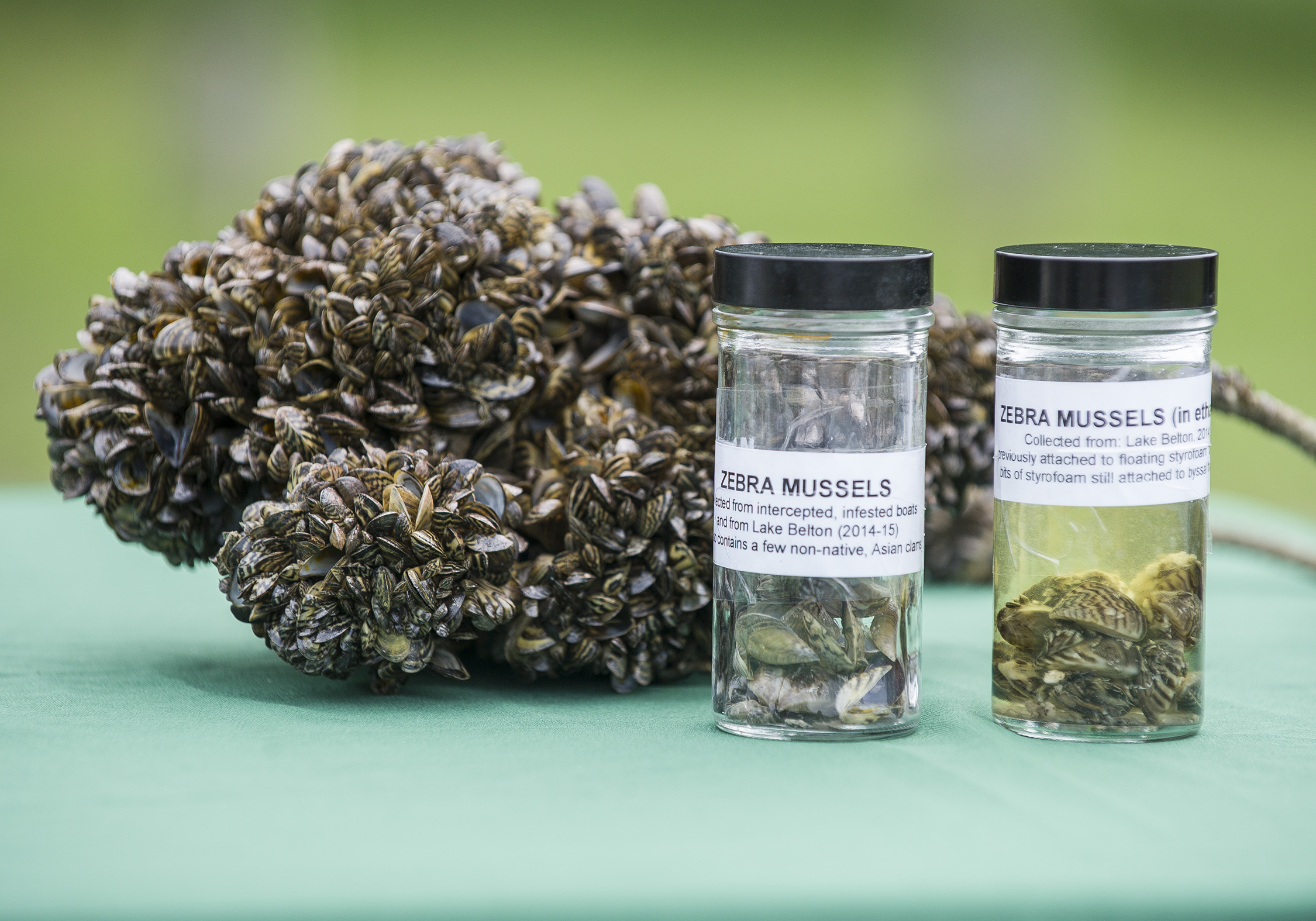Hunter Education for Safety in the Field
Tuesday, October 27th, 2015This is Passport to Texas
If you’re a hunter, or considering becoming one, completion of a hunter education course is a must.
13-Overall, what a person learns in Hunter Education is the safe, knowledgeable, responsible habits that hunters and shooting sports participants would need to responsibly handle a firearm from the home to the field and back again.
Steve Hall oversees hunter education at Texas Parks and Wildlife.
39-The centerpiece for hunter education is the ten commandments of firearm safety. And those apply whether you’re handling them around the gun safe at home, how to store them properly, transport them properly. And then when you’re in the field, it’s called hunter safety. For a reason. There’s other kinds of things that come into play when you’re in the field like where the other hunters are at, what kind of shooting you’re doing; do you know beyond the line of fire of a
shot? Is it on a hillside that you’re shooting and you don’t know what’s ion the other side? So there are lots of things that come into play. And then they all kind of center around knowing your firearm, knowing how to handle it safely, but also knowing the capability of those firearms as well.
Hunter education classes take place year round across the state. Find hunter education classes near you, or take it online, when you log onto the TPW website.
The Wildlife and sport fish restoration program supports our series.
For Texas Parks and Wildlife…I’m Cecilia Nasti.






 Passport to Texas is a
Passport to Texas is a  Passport to Texas is made available by:
Passport to Texas is made available by: